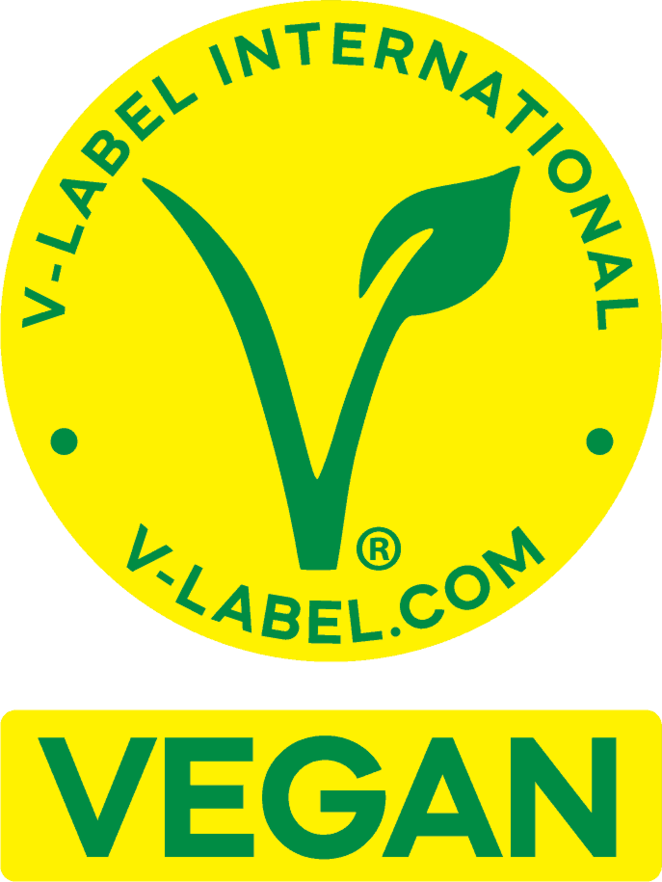This is not a problem with the nutrition of foods, it is the metric that is poorly designed. One more argument against the chart
Martín
On the Fediverse also as @mapto@qoto.org
Можете да намерите и като @mapto@masto.bg
Abito in Italia @mapto@feddit.it
- 2 Posts
- 14 Comments
Your seem to insist to twist this towards vegan wars, but this is you. It’s not the graphics, it’s not me.
What’s wrong with reducing density through absorption (of water)?
To me it seems that your interpretation completely disregards the Y-axis. On the other hand, I wouldn’t think the colour coding does a good job in separating along the carnivorous-vegetarian-vegan scale.
So much wrong about this chart. It is factually correct, but it answers the wrong question.
This chart makes it way too easy to optimise for cheap protein, which is misleading. It is not this what it takes to have a healthy organism. It takes a varied diet, with balanced quantities of liquids (see milk), vitamins (see sprouts), fatty acids (see salmon), minerals (see shrimps, eggs, walnuts), actually carbs (potatoes, rice, spaghetti), and much more…

 51·2 months ago
51·2 months agoThe relevance of the post to the community should be made clear by the contents of the post. As it currently stands, there are no indicators that the event would have any influence on Iran’s support for the Russian invasion.

 2·2 months ago
2·2 months agoYup, @tearsintherain@leminal.space, what you’re engaging in here is pure whataboutism. Fox, Carlson and company would’ve happily helped here, but they didn’t. NYT did.

 1·2 months ago
1·2 months agoResearching on time and place of arrival is a nice gift for anyone who wants to intercept these and is being cut off from doing this research themselves.

 1·5 months ago
1·5 months agoLet’s say that for millions of years a healthy biosphere grew around forests and the balance worked. Now you come to tell us it doesn’t. Wouldn’t you think it’s a bit unconvincing?

 1·5 months ago
1·5 months agoI wonder why forestation is not present in this chart, as it is a low-cost carbon capture with side benefits. Sure, it is hard to scale, but reducing current deforestation rates would be a big step.

 1·5 months ago
1·5 months agoWhy would the logs be emitting CO2 (rotting?) if they are alive and growing?

 2·6 months ago
2·6 months agohttps://github.com/pgp/XFiles is what I’ve been using and am pretty happy about it
I work in the Digital Humanities and my experience is that typically Computer Science, Information Science and Data Science are not well prepared to work with Humanities data. Some commonplace challenges:
- the methodologies used in the humanities like semiotics, phenomenology, etc. often do not allow for the level of formalisation that a computer science model would require
- (probably a consequence of the above) data in the humanities is rarely quantitative and much more often qualitative, i.e. nominal and categorical if structured at all. That’s why for example a lot of attention is paid recently to language models, but repeatedly we find out that these have undesirable (inadequate) biases
- a particularly big issue is that historical data is much more scarce than data scientists would like, and often it is not digitised or digitised with poor quality. As a consequence established machine learning approaches cannot be trained
There’s much more to it, but these are the most immediate challenges that come to my mind.




I guess you misunderstood my providing illustrative examples in parentheses. Replace or remove the examples, the argument is still valid.
In another subthread they’ve pointed out that processing food also changes its protein density, most obviously by water transfer.